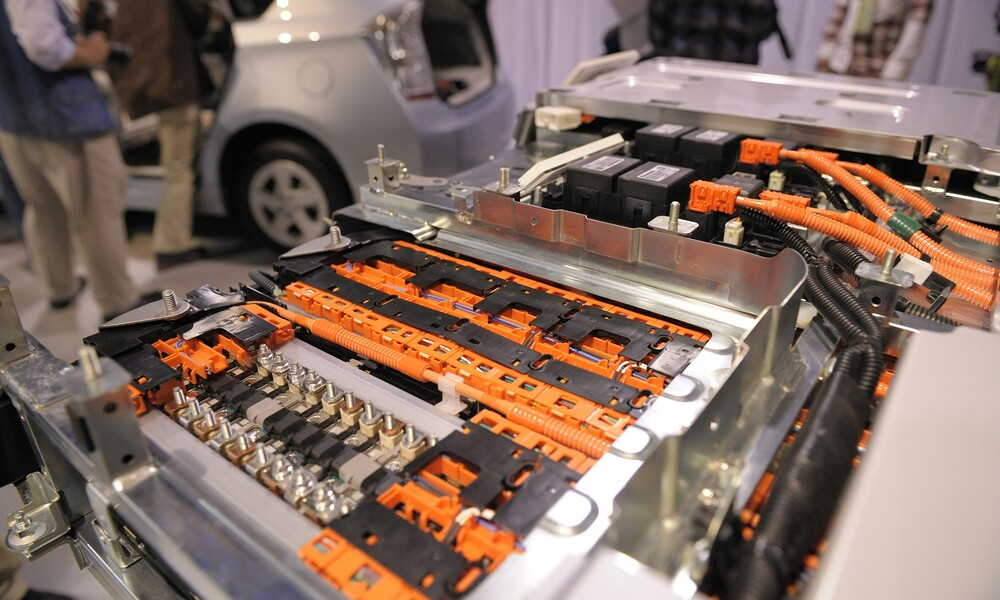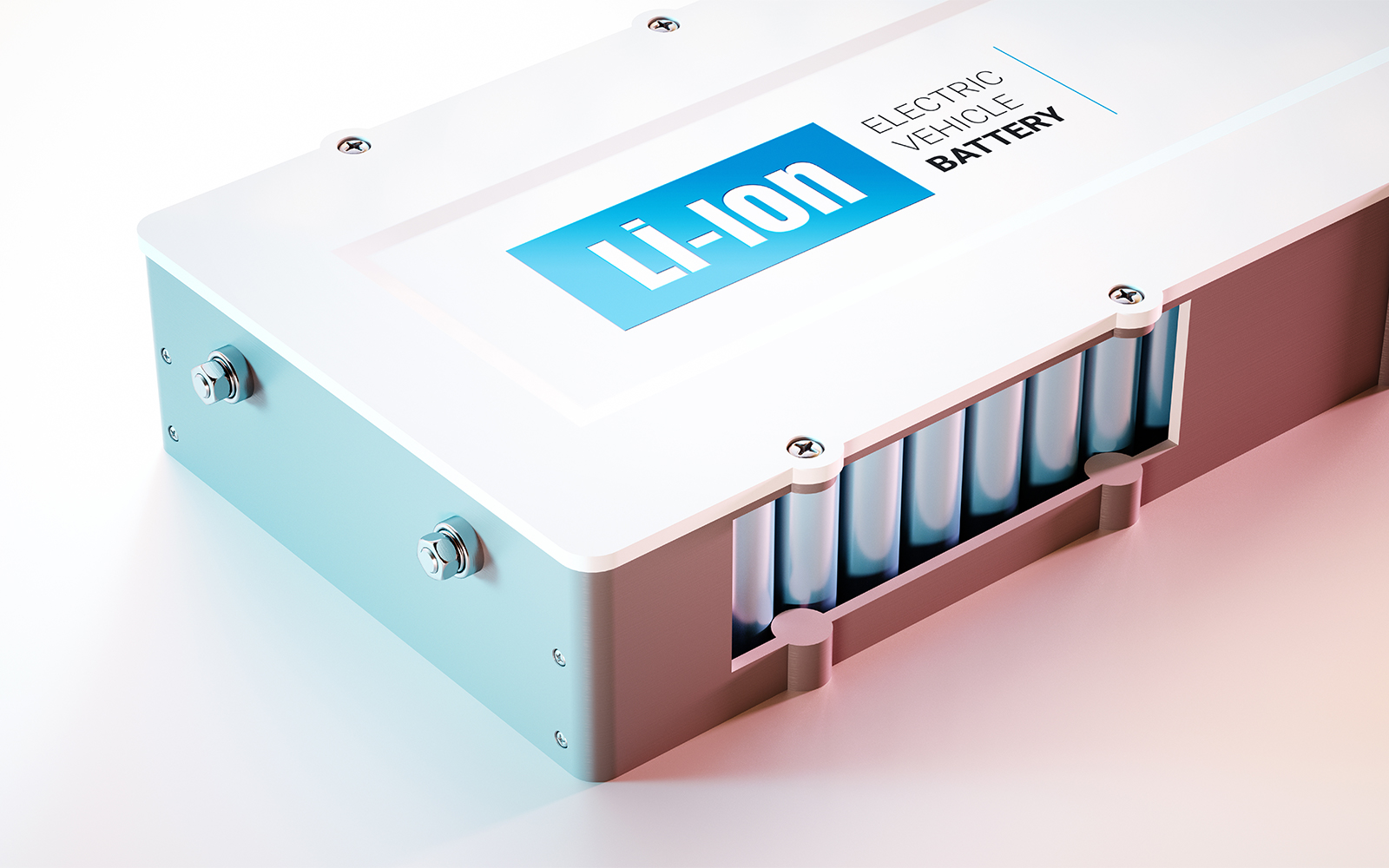The 8 Advantages of Lithium Batteries Lay the Foundation for the Replacement of Lead-acid
The 8 Advantages of Lithium Batteries Lay the Foundation for the Replacement of Lead-acid
1. High open circuit voltage of lithium battery
The lithium battery uses an organic system electrolyte, and the monomer voltage is about 3.6V. However, the voltage of nickel-cadmium batteries and nickel-metal hydride single batteries using aqueous electrolyte is only 1.2V, and the voltage of lead-acid single batteries is about 2V, which is one of the important reasons for the high open circuit voltage of lithium-ion batteries.

2. High specific capacity density
The specific energy density of lithium batteries can reach 200Wh/kg, and the volumetric energy density can reach 300Wh/L. The specific energy of lead-acid battery is 40Wh/kg.
3. Small self-discharge rate
The charge retention energy of lithium-ion batteries at room temperature is very strong, and the monthly self-discharge rate of high-quality commercial batteries is only 3% to 5%, which is far lower than the monthly self-discharge rate of other secondary batteries.
4. Many cycles and long life
Lithium batteries use graphite as the negative electrode material. During charging and discharging, lithium ions are deintercalated inside the positive and negative electrode materials to avoid battery damage caused by lithium ions generating lithium dendrites inside the negative electrode.
The cycle life of lithium-ion batteries is generally 1000 times, and high-quality batteries can reach 3000 times. If the zero-strain material (lithium iron phosphate and lithium titanate) is used as the negative electrode material, its service life can reach 10,000 times.
5. Wide operating temperature range
The operating temperature range of lithium batteries can reach -30°C-60°C.
6. No memory effect
The memory effect refers to the phenomenon that the battery capacity decreases when the battery is not fully charged and discharged for a long time. This is because the battery memorizes the user’s daily charging and discharging range and mode.
The memory effect of lead-acid batteries and nickel-cadmium batteries is relatively serious, while lithium batteries do not have memory effects.

7. Green and environmentally friendly
Lithium batteries do not contain harmful substances such as cadmium, lead, and mercury, and are generally considered to be a green battery.
8. Small internal resistance
Lithium batteries use organic electrolytes, which have much lower conductivity than aqueous electrolytes, and an order of magnitude lower internal impedance than nickel-cadmium batteries and nickel-metal hydride batteries.






